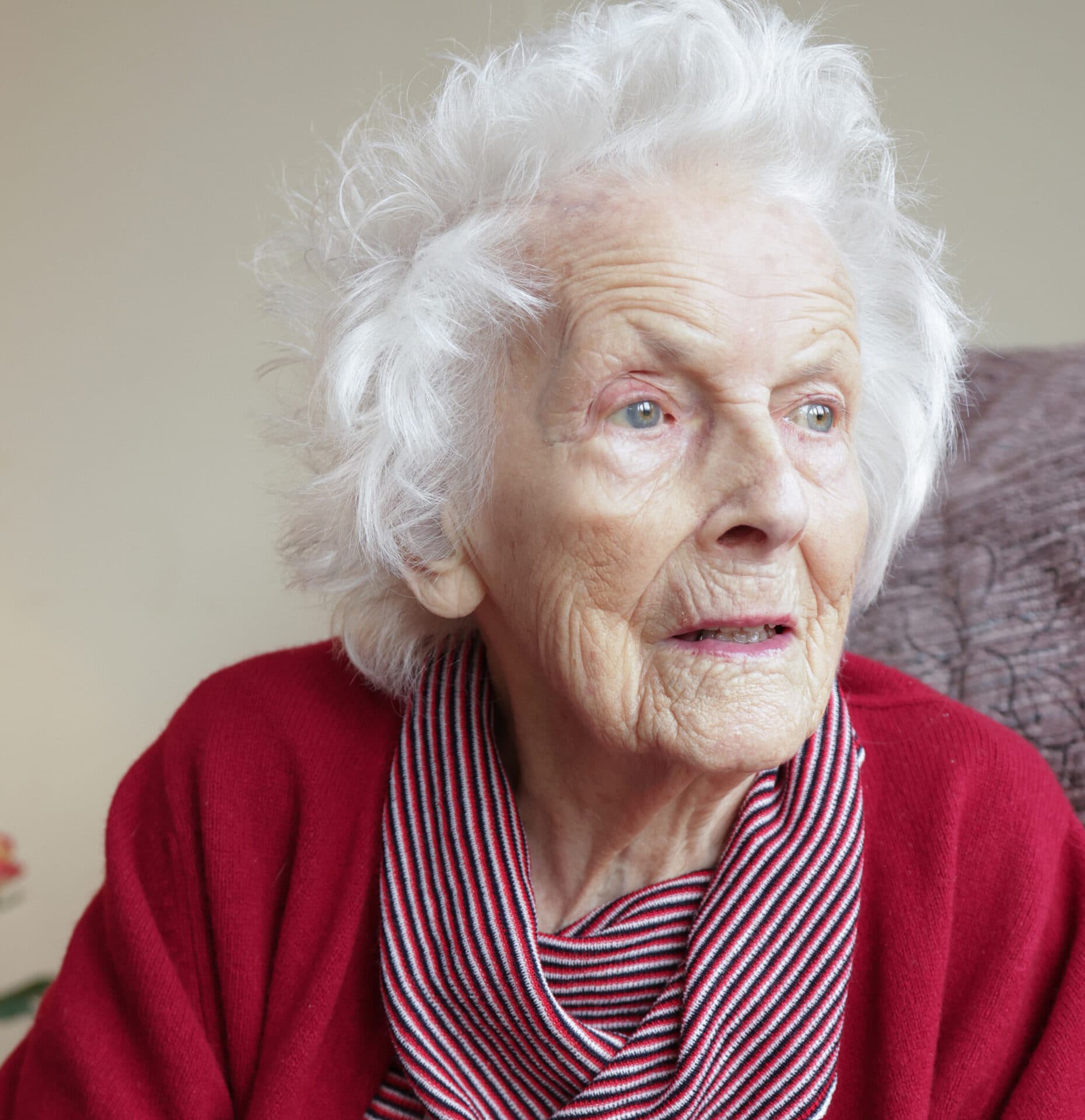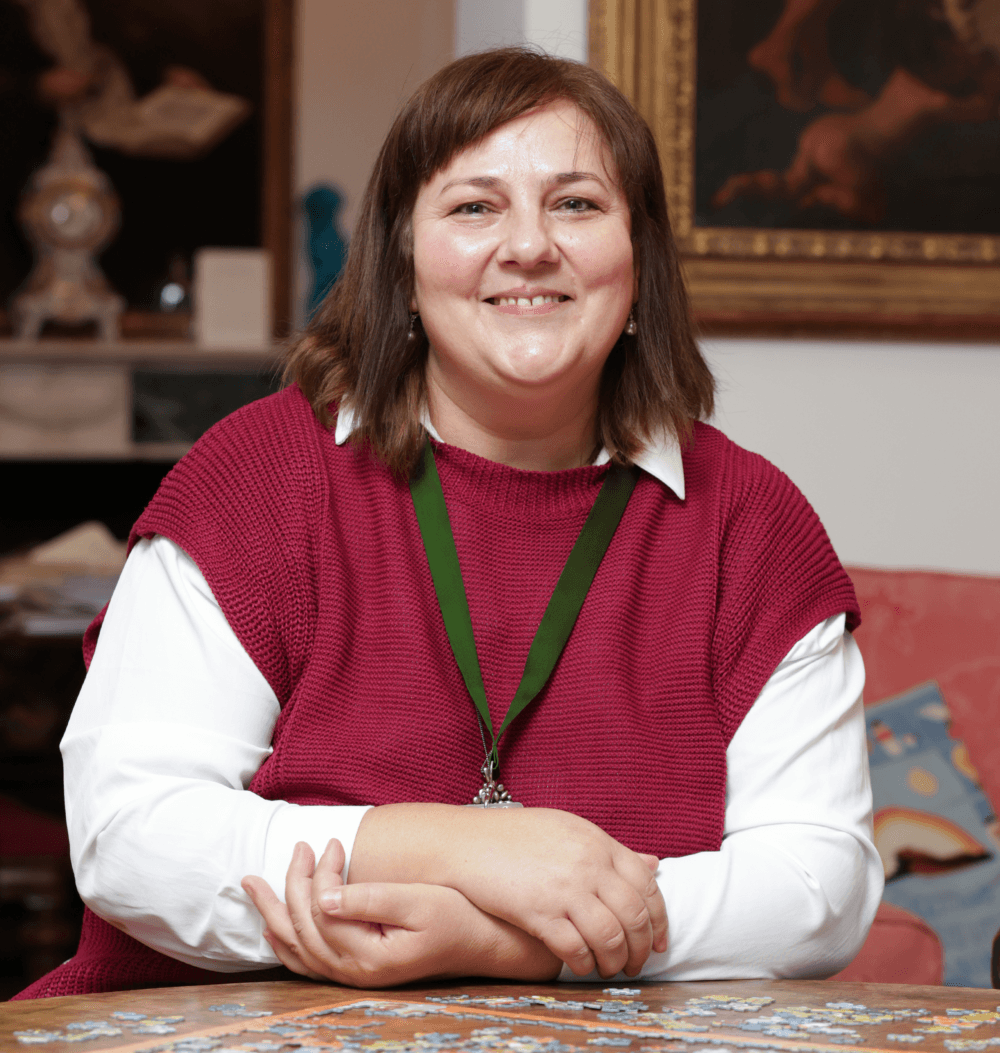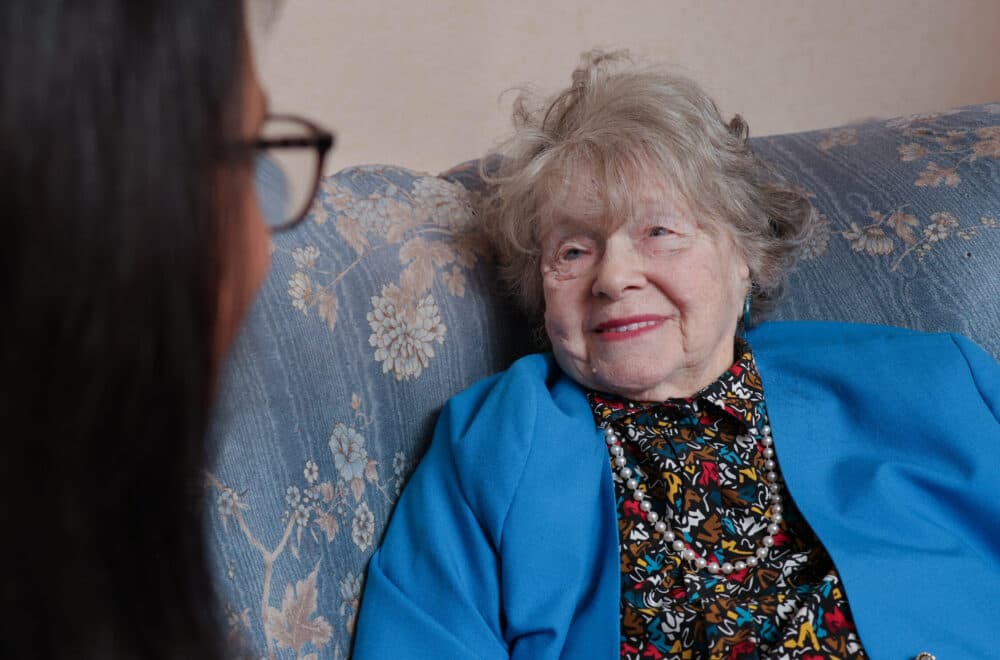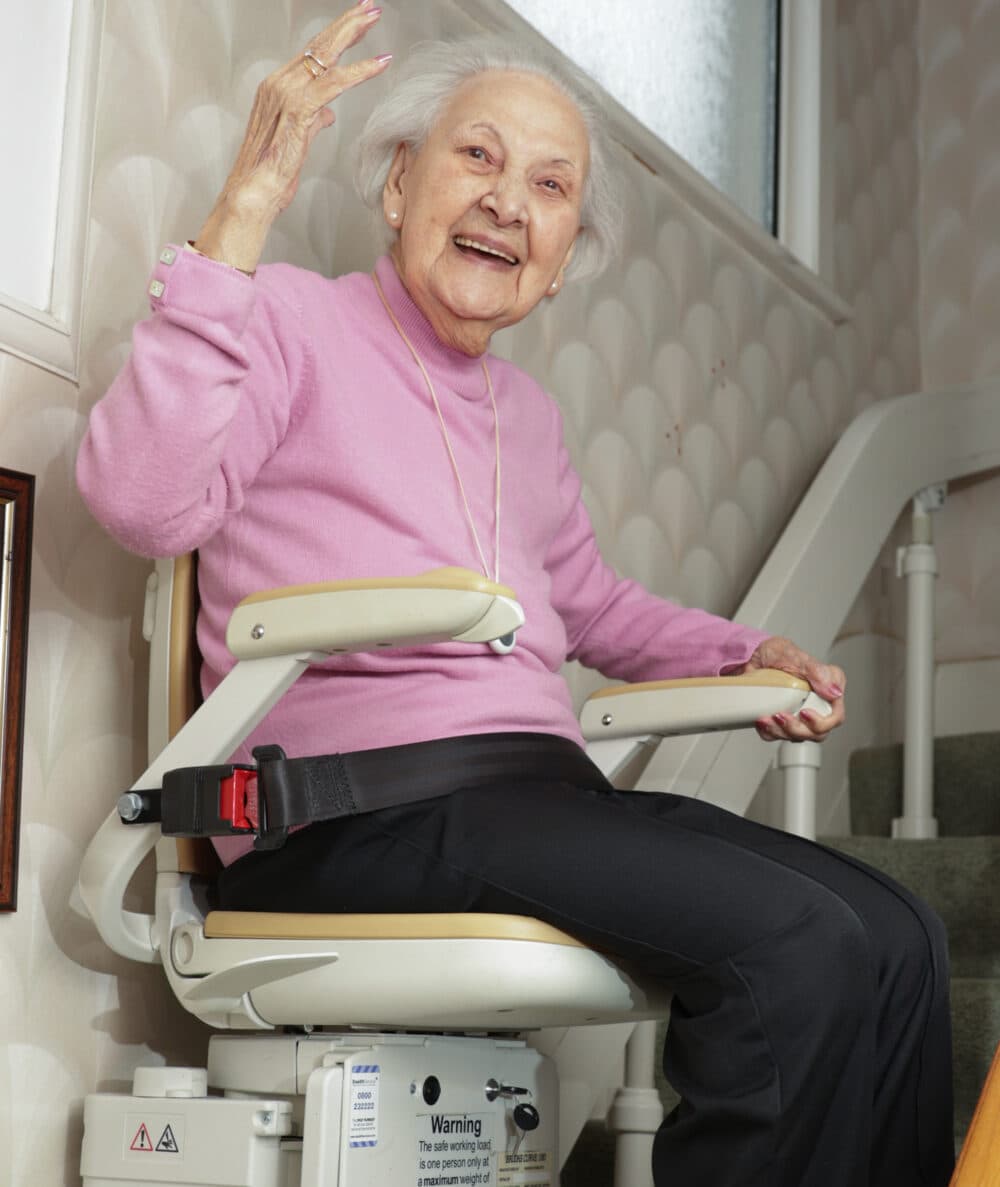When is it Time for the Care Conversation?

Watching our parents’ needs change as they age is so common for many of us. Many of our clients have found that their parents begin to forget to eat lunch or leave bills unpaid. So often, it can be easy to convince ourselves that forgetfulness is a part of the natural ageing process. This month, we at Home Instead Sutton encourage families to start paying attention to these small changes and have a care conversation sooner rather than later. Accepting extra help at home can be overwhelming, but you’re not alone. In this blog, we’ll help you understand what signs you could be looking out for and how we can use these to create a meticulous and personalised care plan.

A Sign that Your Loved One May Be Struggling
Over the years, families have come to us when they have noticed changes in their Mum or Dad’s memory or mobility. Many have needed a Care Pro to prevent an accident from happening again, or after a hospital admission. The NHS reports that 24% of older adults discharged from the hospital are awaiting home care.
Spotting the early signs that your loved one is in need of extra support and having the care conversation early can help prevent more life-threatening accidents from happening in the first place. That’s why we want to share our experience with a family who started their journey with us before a crisis, and how this impacted their life for the better.
Spotting the Signs Early
A client rang us one day saying that her Mum kept forgetting where she’d left the phone. This meant they struggled to check in with her throughout the day, and when she didn’t pick up, the family would worry that something might have happened. This client had suggested to her Mum that a care professional come in once daily for companionship to see if everything was alright.
After a few visits, her care professional started to notice other things the client was forgetting. We reached out to the family and suggested it might be worth a visit to the doctor, where Mum soon received a dementia diagnosis.

Peace of Mind for Families
Over time, the client’s care professional noticed that her needs were beginning to change. With the details included in her care notes, the office team reached out to the family to discuss how we could make things easier for her Mum. After a great conversation, we scheduled more home visits, arranged different activities, and suggested new technologies to make her home safer.
Our client’s daughter told us, ‘Knowing there was flexibility and understanding within Home Instead gave us great reassurance.”
In this case, starting the care conversation early helped the family spot the signs of dementia. We ensure we take a holistic approach in supporting families, such as using emerging technology.
To help you to be aware of the different signs and symptoms to look out for, we have attached this comprehensive ‘Spot the Signs Checklist’ for you to download and review. If you are able to tick many of the boxes when thinking about a loved one, don’t wait for a crisis. Get in touch today for advice and guidance on starting the care conversation.
